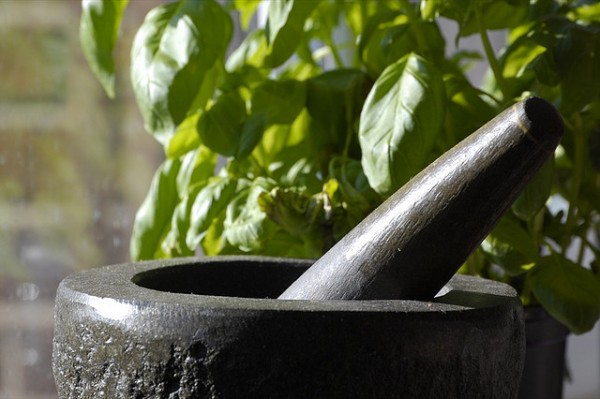Chinese Medicine Proves Effective in Treating Arthritis

A Chinese herbal remedy is just as potent in treating rheumatoid arthritis as traditional Western medicines like methotrxate, a recent study suggests.
The study, published by the British Medical Journal (BMJ) Group, detailed the findings of an investigation looking into the effectiveness of a traditional Chinese medicine made from the "thunder god vine."
According to the study, an ancient Chinese remedy that is made using extract from the Triptergium willfordii plant -- also known as the "thunder god vine" -- has been used for centuries to treat swelling, inflammation, and joint pain -- all standard symptoms of rheumatoid arthritis.
To determine the true effectiveness of the thunder god vine extract -- referred to by the medical community as Triptergium wilfordii Hook F (TwHF) -- researchers from the Chinese Academy of Medical Sciences in China gave the remedy to patients in a comparative trial that also included a standard modern treatment for rheumatoid arthritis (RA) called methotrexate (MTX).
A total of 207 patients suffering from RA were included in this experiment. Prior to the start of the comparative trial, the patients were randomly divided into three equally sized groups. For 24 weeks, one group took MTX once a week while the second group took TwHF three times a day. The third group was required to take a combination of both the treatments, which had been dosed in accordance with traditional wisdom regarding the drugs.
The goal of the experiment was to see how many patients from each group achieved something called the" ACR 50 response" -- a measure established by the American College of Rheumatology that determines when a patient reaches a 50 percent improvement in the number of swollen joins they suffer from, and a 50 percent reduction in pain and movement inhibition regarding the joints that remain affected.
Surprisingly, of the patients treated with the modern MTX regimen, only 46.5 percent reached the ACR 50 response. In the case of the herbal extract however, 55 percent of the patients reported reaching ACR 50.
Interestingly, the most successful group proved to be the combination group, with 77 percent of the patients achieving an ACR 50 response.
The authors of the study were able to conclude from this that some Chinese medicines, no matter how outdated, remain highly effective treatments. In some situations, such as the one this study detailed, they can even prove to aid the effectiveness of modern treatment options.
The study was published in the Annals of the Rheumatic Diseases: The Eular Journal, a publication of the BMJ Group on April 14.
Apr 15, 2014 02:14 PM EDT





